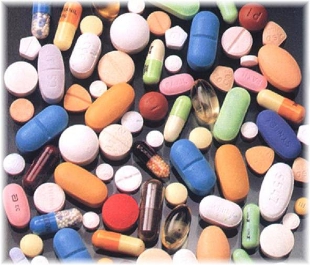 WIKIMEDIA, RAYNATAThe variation in clinical evidence required to receive marketing approval from the US Food and Drug Administration is cause for concern, according to the authors of a study published this week (January 21) in JAMA. While the agency sometimes requires repeated testing, more than 36 percent of drugs approved between 2005 and 2012 had been subjected to just a single large trial.
WIKIMEDIA, RAYNATAThe variation in clinical evidence required to receive marketing approval from the US Food and Drug Administration is cause for concern, according to the authors of a study published this week (January 21) in JAMA. While the agency sometimes requires repeated testing, more than 36 percent of drugs approved between 2005 and 2012 had been subjected to just a single large trial.
“Some [drugs] are approved on very robust evidence, and some are based on preliminary evidence,” coauthor Joseph Ross of the Yale University School of Medicine told The Wall Street Journal. “There is a lot of nuance at the time of approval that isn’t well communicated to patients.”
The FDA approved a total of 188 new drugs during the time period studied, for the treatment of diverse disease, from cancer and cardiovascular disease to infections. While most required two or more “pivotal” trials designed to provide evidence that would support regulatory approval, 36.8 percent were approved after just one such study. Moreover, according to the study, 45 percent of new drug approvals were based on data other than clinical health outcomes, such as lab tests.
“It’s ...
















